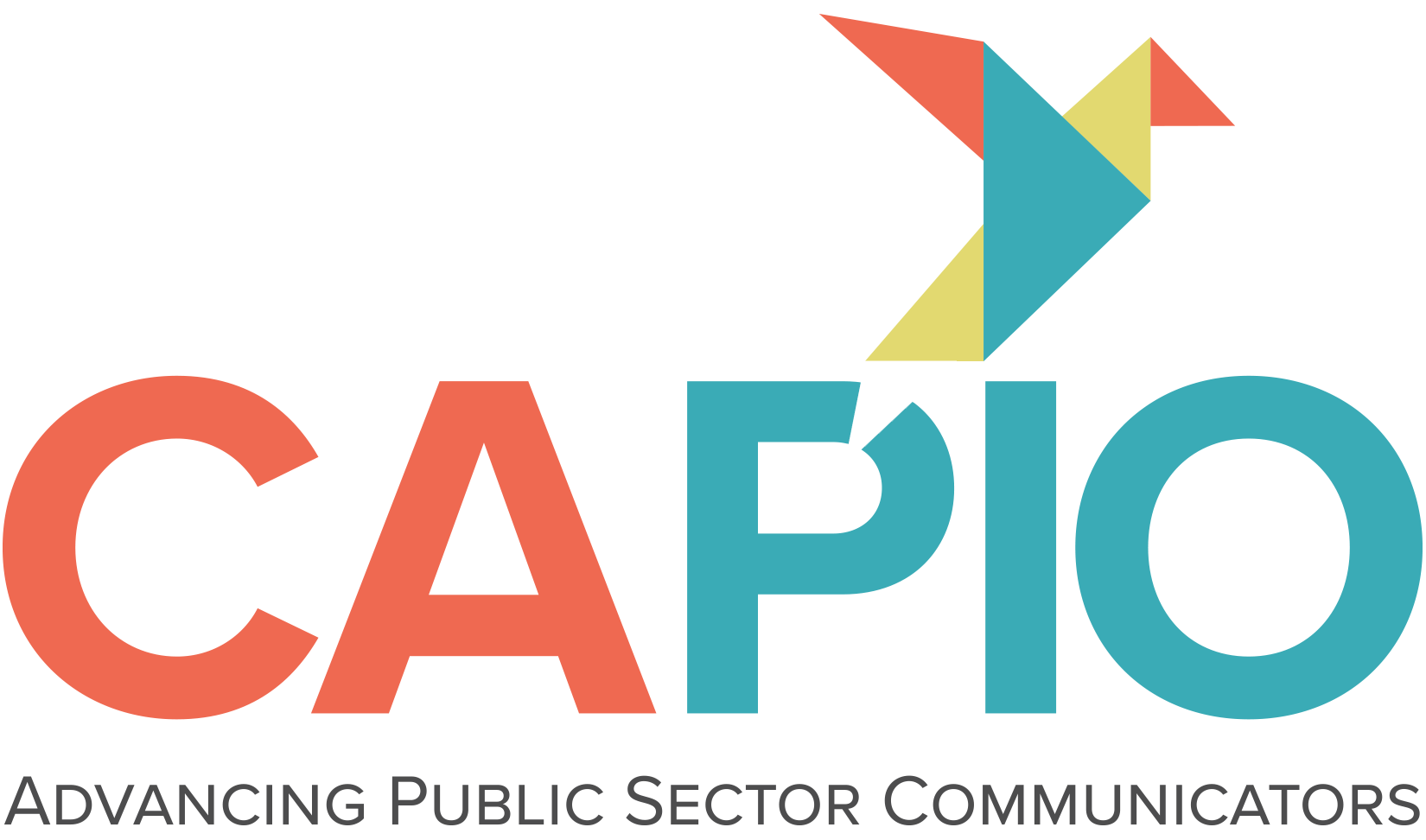How to effectively tell management you need more resources
This March will mark two years that we, as public communicators, have been in “crisis mode” The influx of constant news updates, to COVID-19 isolation and testing protocols has been overwhelming to say the least, and even more exhaustive to communicate to employees and to the public on how to comply with the latest updates.
Social distancing protocols have also created an undeniable dependency to one’s smartphone. Certainly, having access to social media platforms and news feeds has helped people to stay connected; but it also created an immediate channel for the public to ask their local government a multitude of questions and expect instant responses.
With less opportunities to interact with our customers face-to-face, how and what we say on our social media channels, emails and website needs to be informed, accurate and represent a thoughtful response.
Since the onset of COVID-19, more than 60% of public agencies have seen an increase in social media followers and more than 40% of public agencies has increased their posting frequency (State of Social Media in the Public Sector 2021). However, as the study shows, approximately 50 percent of public agencies have a team of only one or two people to handle all of their social media communication.
In addition to the increase in social media activity and consistent flurry of pandemic-related projects, communications work has returned to some level of normalcy. Many public communicators find themselves back in the thick of what we did “pre-COVID” – building community support for the construction and funding of public infrastructure, issuing press releases, and creating educational campaigns for new programs and incentives.
With the overwhelming volume of information that needs to be pushed to the community and stakeholders, in order maintain our sanity we must be proactive about asking for support and additional resources.
But remember, simply stating that “you’re overwhelmed” is leaving it up to management to determine how to help you. Instead of saying or expressing being overworked, it is important to offer a specific solution.
Here are some tips to help you be clear in asking for help:
- Timing is everything, and with this being budget season, now is a good time to express your needs so that there is time and room to adjust the budget for the upcoming fiscal year. For many agencies this starts in July – just a few months away!
- Be concrete in your request to your boss to better communicate what you need. Provide a specific ask such as “You can support me right now by assigning a backup who will monitor social media for X hours/week.”
- Use data to support your request. Simply telling your
leadership that followers on social media has grown by a certain
amount or that you’ve increased the number of projects you
oversee is a good start, but doesn’t provide clear enough
details. Ensure the data you use communicates the importance of
your work in the community.
- Conduct an experiment. Post information on your agency’s communication channels and analyze which platform your community frequents the most.
- Track how much time is spent on specific assignments, and the complexity involved in the work.
- Make it hard to say no, offer multiple avenues of support. For example, “If you can’t assign a backup person to assist me with monitoring social media, can we please get contracted support for social media graphic design and content writing.”
As public communicators, our expertise and important role can sometimes be taken for granted; speak up for yourself and remind others that communications is a multi-faceted job. Getting support and resources is not just a win for you, it’s a win for your organization.

